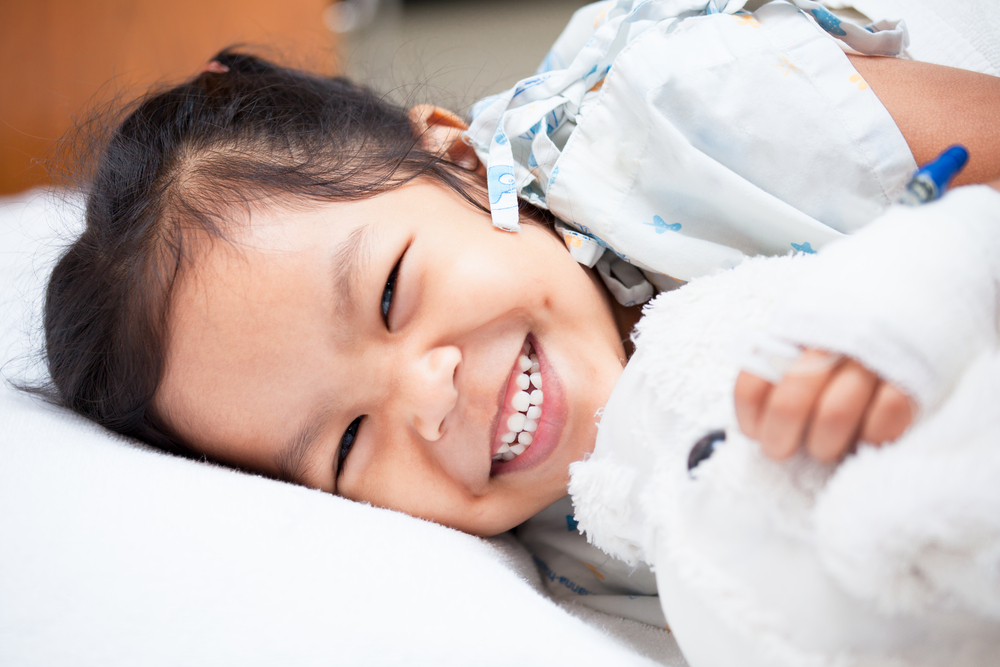Pediatric Evaluation of Emotions, Relationships and Socialisation (PEERS)
- Project status: Complete
Research area: Clinical Sciences > Brain and Mind > Digital Health

Our research led to the development of PEERS – a new and engaging assessment tool to evaluate social skills in children and young people.
The Pediatric Evaluation of Emotions, Relationships and Socialisation (PEERS) is a new psychological assessment tool that evaluates social skills in children and young people. The PEERS tool addresses a substantial unmet need, leading the field internationally as the first comprehensive social assessment tool.
The Pediatric Evaluation of Emotions, Relationships and Socialisation (PEERS) is a new psychological assessment tool that evaluates social skills in children and young people. The PEERS tool addresses a substantial unmet need, leading the field...
The Pediatric Evaluation of Emotions, Relationships and Socialisation (PEERS) is a new psychological assessment tool that evaluates social skills in children and young people. The PEERS tool addresses a substantial unmet need, leading the field internationally as the first comprehensive social assessment tool.
Overview
A lack of comprehensive, well-validated tools to detect social impairment limited our ability to identify children and young people in need of intervention. The PEERS tool directly addresses this worldwide unmet need as the first comprehensive social assessment tool in the field.
PEERS is an individually administered computerised iPad application that includes three cognitive subscales (attention-executive, social cognition, communication) which contribute to social function. These subscales are organised into two levels: basic and complex.
The tool utilises fun social stimuli to keep children and young people engaged, such as videos, audio clips and photos of real-life social scenarios. Our team have assessed over 500 children and found PEERS is a reliable and valid social assessment tool.
PEERS – A revolutionary new way to assess and diagnose social skills
PEERS-Q
Along with the PEERS social cognitive assessment, our team have developed PEERS-Q, a parent report questionnaire that assesses the social competency of children and young people aged five to 15 years old (see PEERS-Q tab for more information).
See our Publications tab to read about our recent studies using PEERS and PEERS-Q
Research team
| Role | Team member |
|---|---|
|
Lead Researcher |
Professor Vicki Anderson |
| Lead Researcher | Associate Professor Miriam Beauchamp University of Montreal (Canada) |
|
Project members
|
Simone Darling Stephen Hearps Amy Brown George Charalambous and Curve team |
Pediatric Evaluation of Emotions, Relationships and Socialization-Questionnaire (PEERS-Q)
PEERS-Q (a questionnaire completed by parents, teachers and children > 12 years) provides information regarding: 1) mediators of social function–developmental stage, brain integrity, personal attributes and environment; and 2) social outcomes–social adjustment, competence, participation.
Initial piloting involved: 1) compilation of items with face validity for tapping social skills; 2) focus groups with health professionals; 3) completion of parent ratings across the target age range; 4) categorization of items into ‘subscales’ (Table 1). PEERS-Q has demonstrated good reliability and validity (Hearps et al., 2021).
Table 1. PEERS-Q Subscales
| Subscale | Description |
|---|---|
| Relationships | The quality of the peer interactions and relationships with peers, and their capacity to relate in a prosocial way. |
| Participation | The level of active participation in social activities, or willingness to engage in activities that require social interaction and involvement with peers. |
| Social Behaviour | The different overt behaviours that are displayed that may affect social interactions with peers. |
| Social Rules | The level of understanding of social rules and norms, and the ability to comply with these unspoken rules of appropriate and pro-social communication and interaction. |
| Social Cognition | The capacity to competently understand and act on social cues, and to reflect on the impact of one’s own behaviour and actions on others in a social context. |
| Social Communication | The capacity to communicate and interact with others appropriately, and to understand others’ messages in a social context. |
Collaborators
Thanks to our key collaborators, partners, funders, and supporters.
PEERS key collaborators and co-authors
- Dr Julian Dooley, Cuyahoga County Court of Common Pleas (USA)
- Associate Professor David Darby,The Florey Institute of Neuroscience (Australia)
- Professor John Crawford, University of Aberdeen (UK)
- Professor Lyn Turkstra, McMaster University (Canada)
- Professor Skye McDonald, University of New South Wales (Australia)
PEERS Development team
Dr Simone Darling, Stephen Hearps and Curve Tomorrow
PEERS Standardisation Study team
Dr Amy Brown, Louise Crossley, Emma Thompson, Dr Mardee Greenham
Funding
This work was supported by the National Health and Medical Research Council Development Grant Scheme (GNT1093528).
Publications
Protocol for a prospective, school-based standardisation study of a digital social skills assessment tool for children: The Paediatric Evaluation of Emotions, Relationships, and Socialisation (PEERS) study. BMJ Journals 2018. Thompson EJ, Beauchamp MH, Darling SJ, et al. doi: 10.1136/bmjopen-2017-016633
The Paediatric Evaluation of Emotions, Relationships, and Socialisation Questionnaire (PEERS-Q): Development and validation of a parent-report questionnaire of social skills for children. Australian Journal of Psychology 2021. Stephen J. C. Hearps, Simone J. Darling, Cathy Catroppa, Jonathan M. Payne, Flora Haritou, Miriam H. Beauchamp, Frank Muscara & Vicki A. Anderson. doi: 10.1080/00049530.2021.2002126
PEERS, Developing an iPad-delivered social assessment tool for children and adolescents, NHMRC. Igenta Connect 2017. Anderson, V, Beauchamp, M. doi:10.21820/23987073.2017.10.80
Deep phenotyping of socio-emotional skills in children with typical development, neurodevelopmental disorders, and mental health conditions: Evidence from the PEERS. PLoS ONE 2023. Anderson V, Darling S, Hearps S, Darby D, Dooley J, McDonald S, et al. doi: 10.1371/journal.pone.0291929
Contact us
PEERS Study
Murdoch Children's Research Institute
The Royal Children's Hospital
50 Flemington Road
Parkville VIC 3052
Australia
Amy Brown, PEERS Co-ordinator
Phone: +61 3 9936 6036
Email:
show email address














